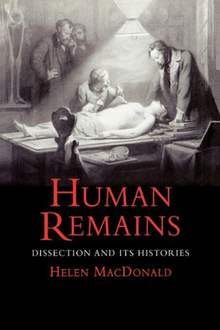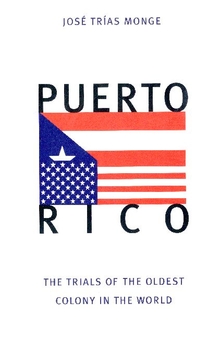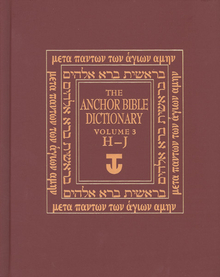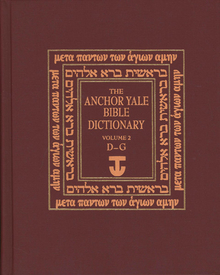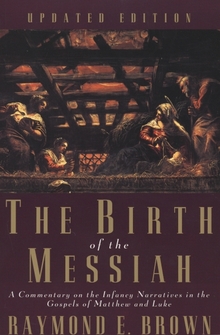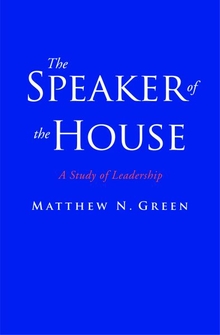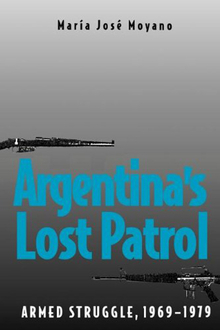Human Remains
WARNING
You are viewing an older version of the Yalebooks website. Please visit out new website with more updated information and a better user experience: https://www.yalebooks.com
Dissection and Its Histories
Helen MacDonald
This book tells the scandalous story of how medical men obtained the corpses upon which they worked before the use of human remains was regulated. Helen MacDonald looks particularly at the activities of British surgeons in nineteenth-century Van Diemen’s Land, a penal colony in which a ready supply of bodies was available. Not only convicted murderers, but also Aborigines and the unfortunate poor who died in hospitals were routinely turned over to the surgeons.
This sensitive but searing account shows how abuses happen even within the conventions adopted by civilized societies. It reveals how, from Burke and Hare to today’s televised dissections by German anatomist Dr. Gunther von Hagens, some people’s bodies become other people’s entertainment.
"Helen MacDonald has written a remarkable story, which is itself a series of stories and comparisons. Like a good Agatha Christie murder mystery, this is a tale you will not want to put down until you have finished it."—Donald D. Trunkey, New England Journal of Medicine
“MacDonald is that rare and precious commodity: a crack historian with a taste for the bizarre. . . . She is to be commended for spotlighting the indignities done to men and women in the name of science.”—Mary Roach, New York Times Book Review
“A set of interwoven stories about how concrete, fleshed-out individuals came to be subjects for dissection. Fresh, daring, and appealingly provocative.”—John Harley Warner, Yale University
"This intriguing history is a nuanced and subtle enquiry into the politics and morality of the dissecting room."—Fiona Capp, Age
“Chillingly gothic . . . compellingly readable.”—The Australian
“MacDonald weaves a rich social history. . . . In the end we must ask ourselves: Do human remains matter? . . . A reading of MacDonald’s fine book will help us answer [this] question.”—Charles Thorsvard, TheState.com
Publication Date: April 15, 2011
12 b/w illus.

